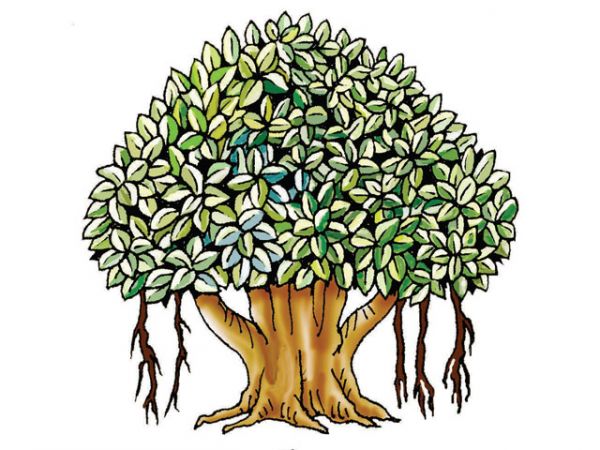
Human beings emerge as permutations and combinations of three qualities – sattva, rajas and tamas. In which Sattva is pure, sublime, calm. Free from the turmoil caused by desire and ego. Rajas are passion born of endless desire that drives you to incessant activity. Tamas is laziness, indifference and inactivity arising from ignorance.
All the startings have three traits, the difference being in the proportion. Sattva makes for excellence in action, success, happiness and growth; there are energy, power and creativity. In rajas, you blunder because of mental agitation and inability to concentrate. Tamas is primitive when you are asleep to your talent, abilities and potential. You choose a life of least effort, preferring indolence to even the good things of life.
According to Bhagwad Gita Chapter 17 which highlights the importance of Shraddha, worshipful pursuit of a goal until it is achieved. Shraddha is the ability to keep the goal in focus and constantly put in the effort until the mission is accomplished. A person may be highly talented and intelligent but may fail without shraddha, whereas, another with less talent may excel if the goal is pursued with single-pointed determination.
After that Krishna categorises ahara, food; yajna, sacrifice; tapa, austerity; and dana, charity, as sattvika, rajasika and tamasika. Krishna also mentions details about three kinds of penance or tapas – that of body, speech and mind.
When you cultivate sattva it shines forth through every aspect of your personality. You bring joy and cheer to all those around you. And you move towards the state of enlightenment or God-realisation.
Read Also,
A new study finds men much recognize 'Sex' a best form of apology
Must know what happens to your Vagina when you start ageing